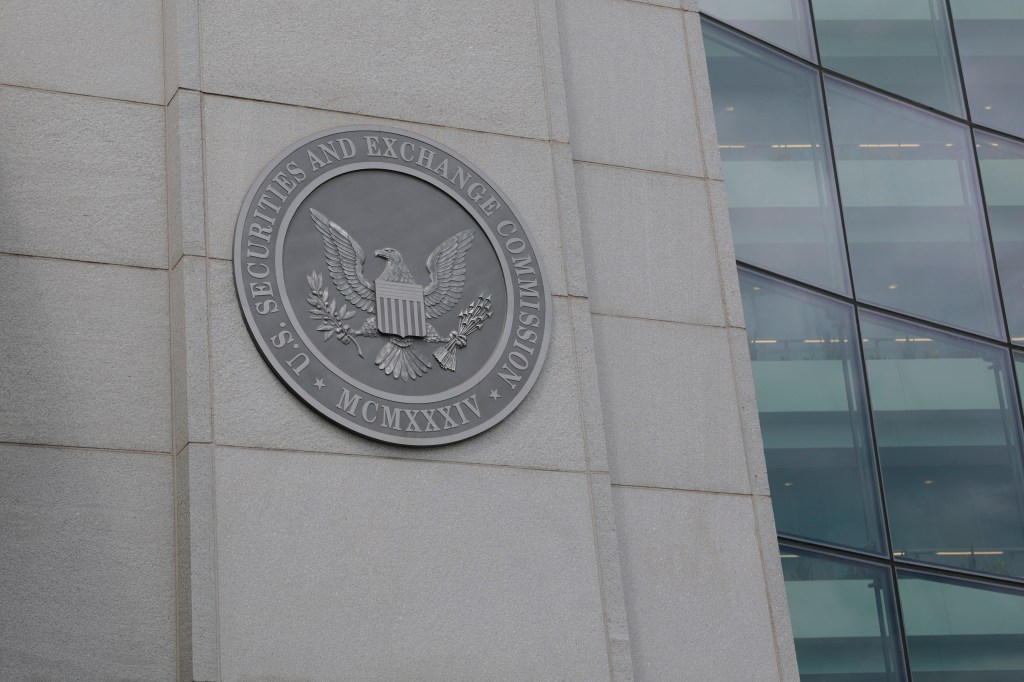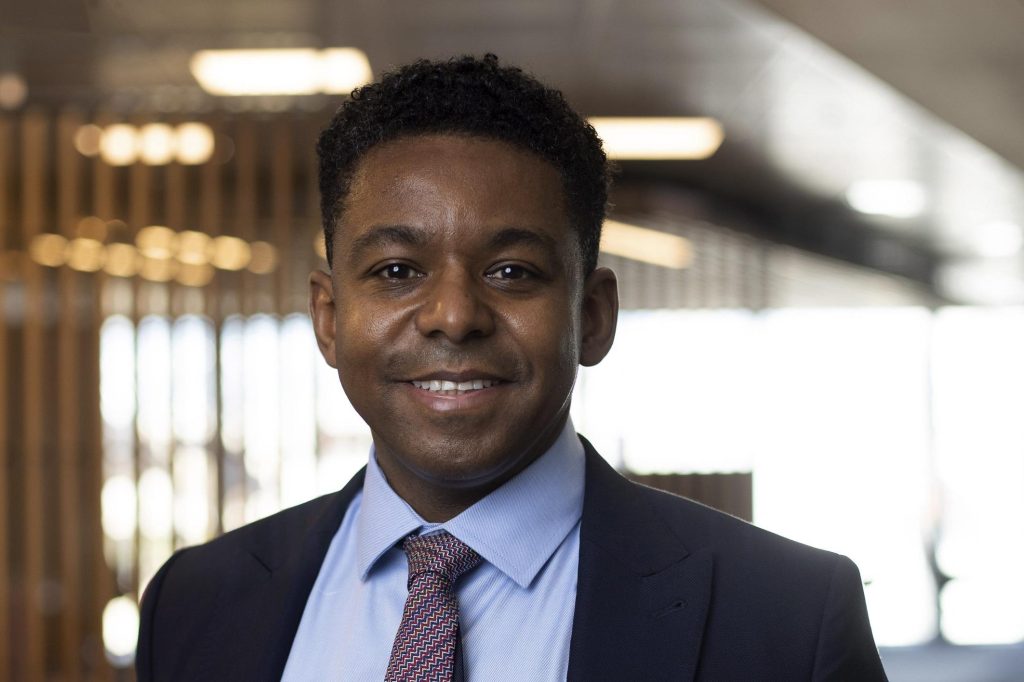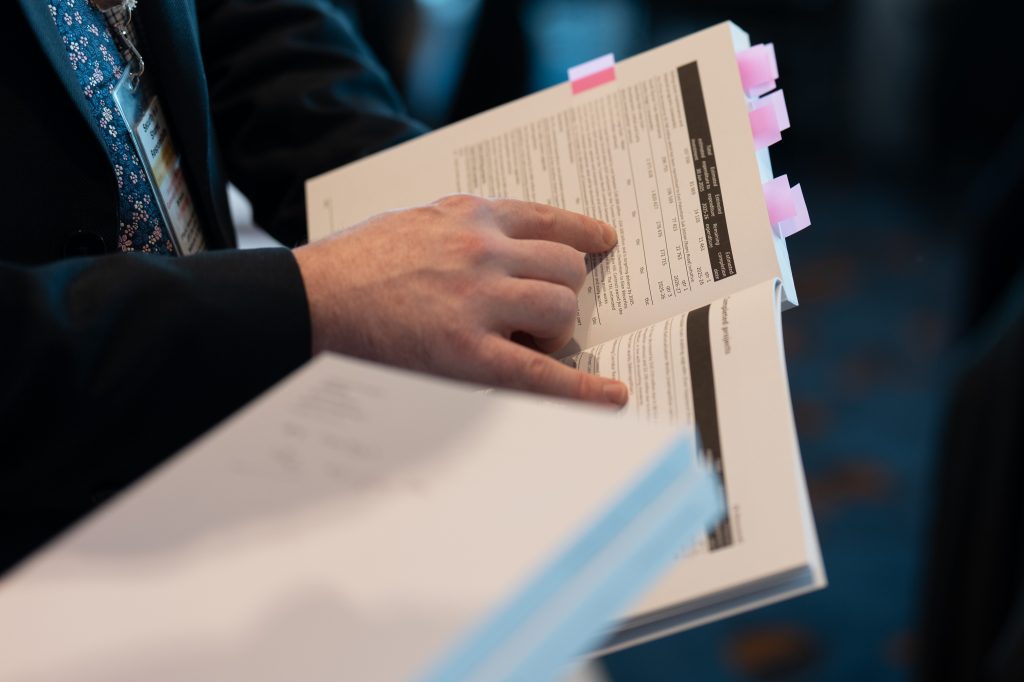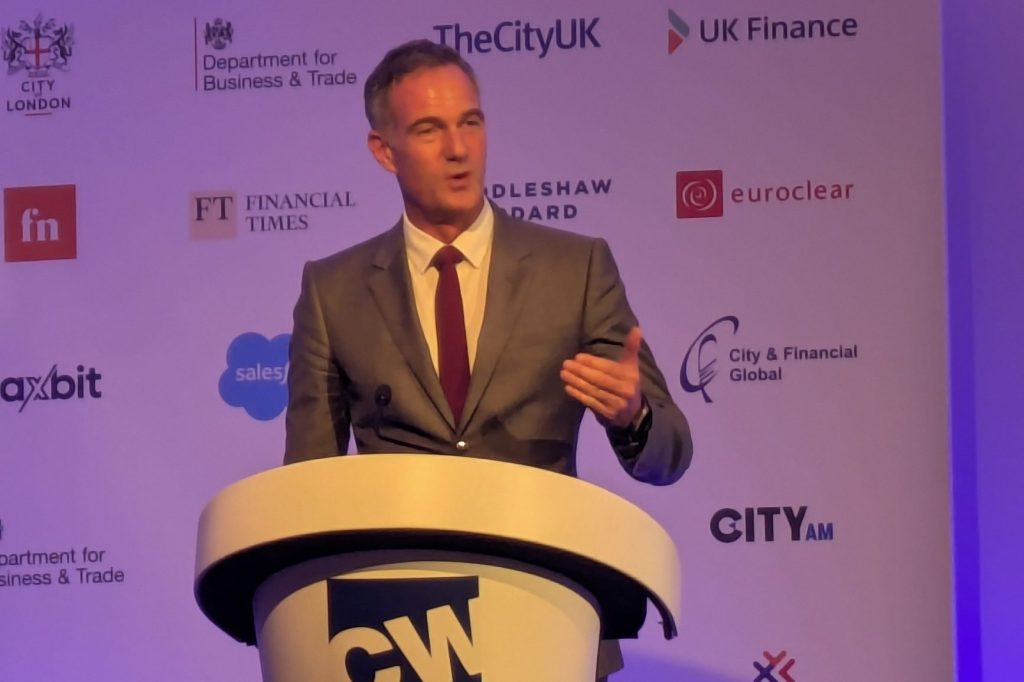The Rt Hon Peter Kyle MP, Secretary of State for Science, Innovation and Technology, delivered a keynote address at City Week’s AI & Digital Innovation Summit, outlining the UK government’s AI Opportunities Action Plan.
His speech offered a commitment to harnessing AI for economic growth and public service transformation, while
Register for free to keep reading
To continue reading this article and unlock full access to GRIP, register now. You’ll enjoy free access to all content until our subscription service launches in early 2026.
- Unlimited access to industry insights
- Stay on top of key rules and regulatory changes with our Rules Navigator
- Ad-free experience with no distractions
- Regular podcasts from trusted external experts
- Fresh compliance and regulatory content every day












